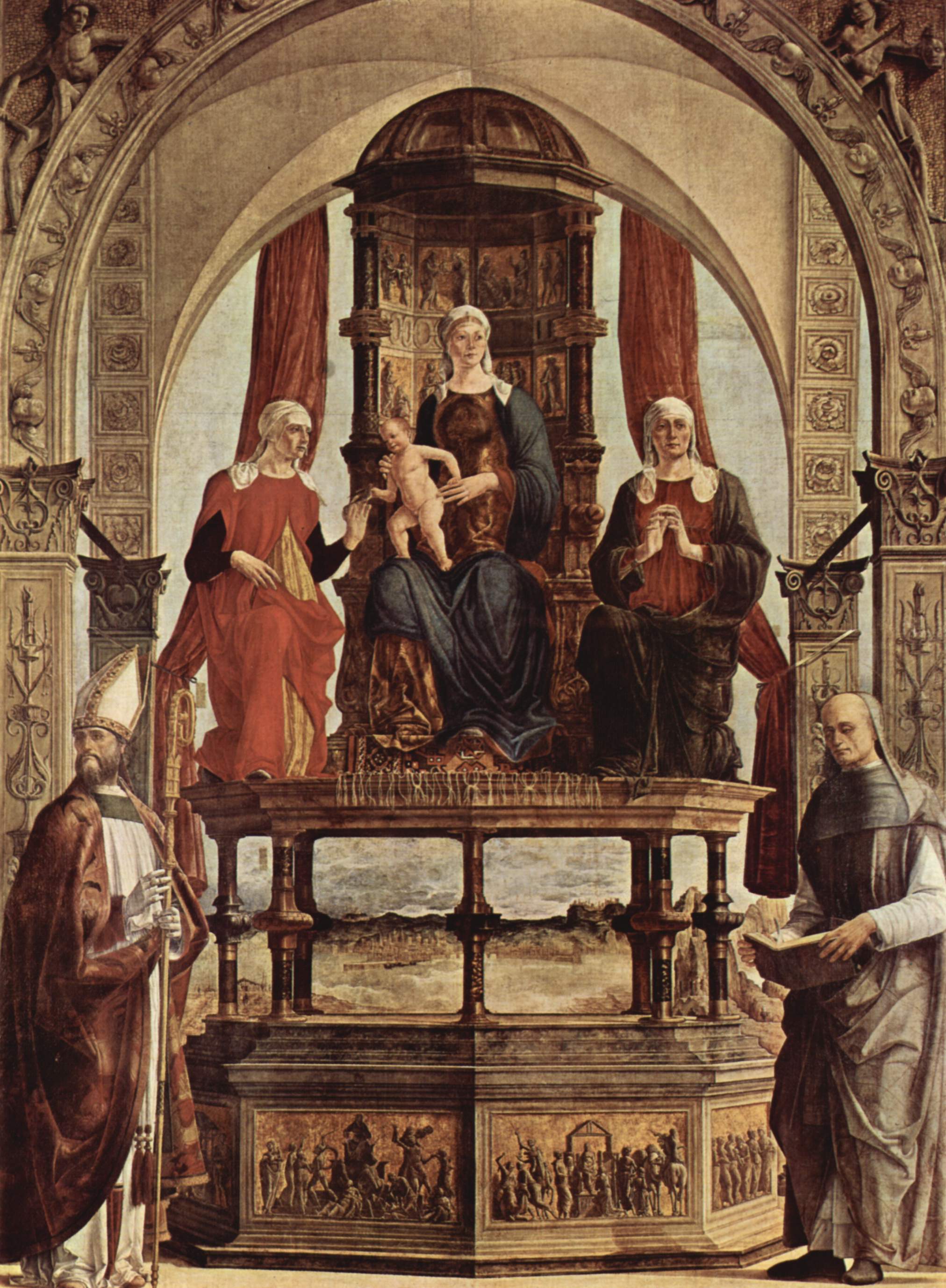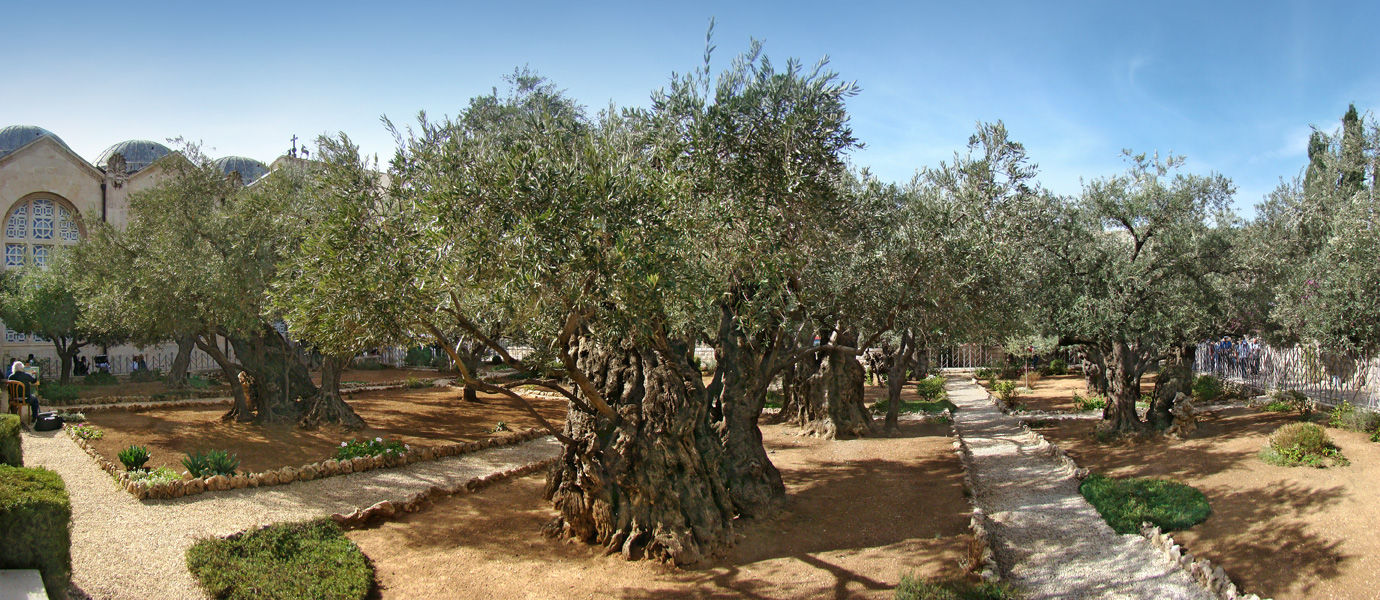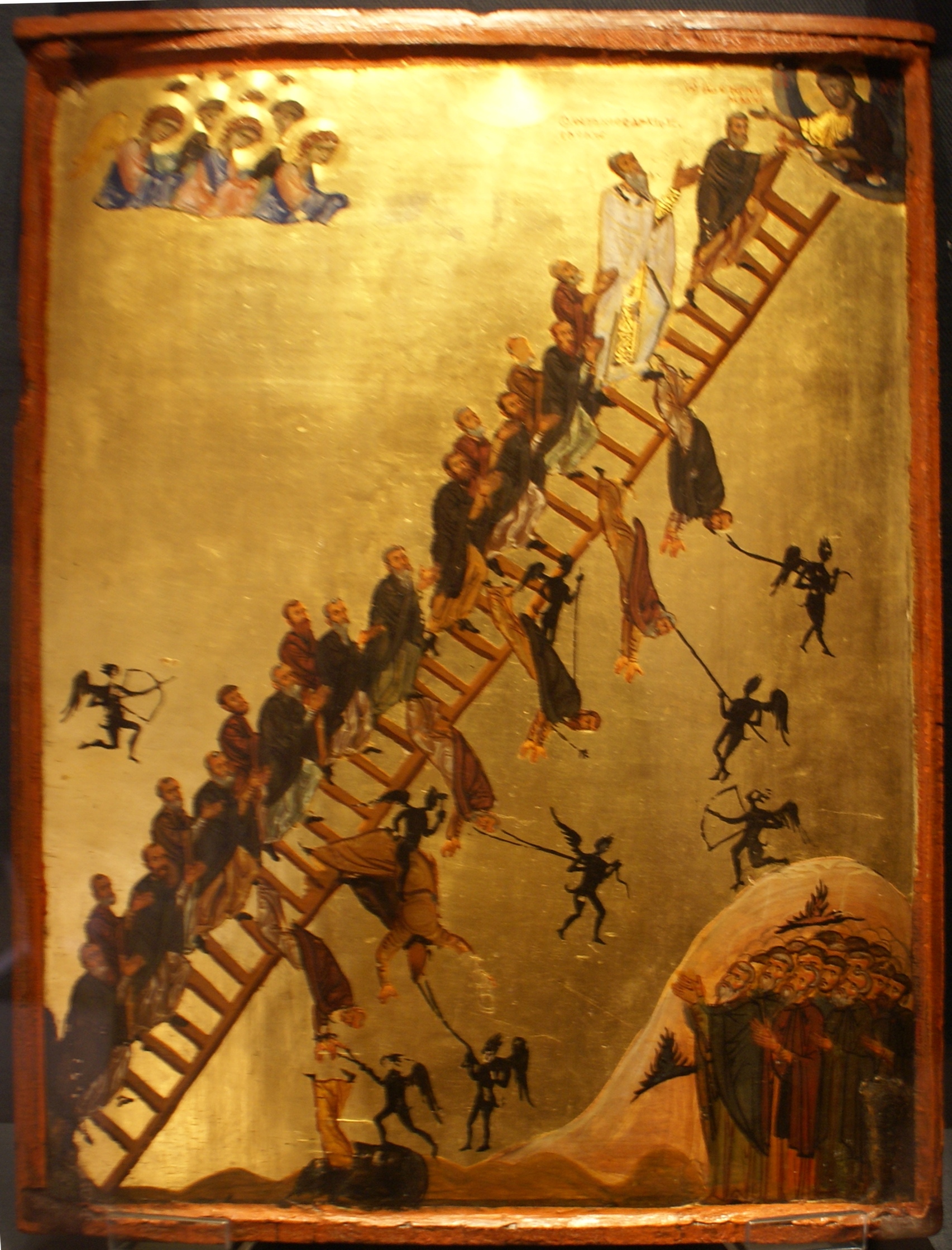|
The Dream Of Gerontius (poem)
''The Dream of Gerontius'' is an 1865 poem written by John Henry Newman consisting of the prayer of a dying man, and angelic and demonic responses. The poem, written after Newman's conversion from Anglicanism to Roman Catholicism, explores his new Catholic-held beliefs of the journey from death through Purgatory, thence to Paradise, and to God. The poem follows the main character as he nears death and then reawakens as a soul, preparing for judgment, following one of the most important events any human can experience: death. Newman uses the death and judgement of Gerontius as a prism through which the reader is drawn to contemplation of their own fear of death and sense of unworthiness before God. His depiction of the overwhelmed Gerontius in Phase Seven of the poem, who begs to be taken for purgatorial cleansing rather than diminish the perfection of God and his courts of Saints and Angels by his continued presence, has become a popular expression of humanity's desire for healing ... [...More Info...] [...Related Items...] OR: [Wikipedia] [Google] [Baidu] |
John Henry Newman
John Henry Newman (21 February 1801 – 11 August 1890) was an English theologian, academic, intellectual, philosopher, polymath, historian, writer, scholar and poet, first as an Anglican ministry, Anglican priest and later as a Catholic priest and Cardinal (Catholic Church), cardinal, who was an important and controversial figure in the religious history of England in the 19th century. He was known nationally by the mid-1830s, and Canonisation of John Henry Newman, was canonised as a saint in the Catholic Church in 2019. Originally an Evangelical Anglicanism, evangelical academic at the University of Oxford and priest in the Church of England, Newman became drawn to the high-church tradition of Anglicanism. He became one of the more notable leaders of the Oxford Movement, an influential and controversial grouping of Anglicans who wished to return to the Church of England many Catholicity, Catholic beliefs and liturgical rituals from before the English Reformation. In th ... [...More Info...] [...Related Items...] OR: [Wikipedia] [Google] [Baidu] |
Job (biblical Figure)
Job ( ; he, אִיּוֹב – ''Īyyōḇ''; gr, Ἰώβ – ''Iṓb'') is the central figure of the Book of Job in the Bible. In rabbinical literature, Job is called one of the prophets of the Gentiles. In Islam, Job ( ar, أيوب, translit= ''Ayyūb'') is also considered a prophet. Job is presented as a good and prosperous family man who is suddenly beset with horrendous disasters that take away all he holds dear—a scenario intended to test Job's faith in God. Struggling mightily to understand this situation, Job reflects on his despair but consistently remains devout. In the Hebrew Book of Job The Hebrew Book of Job is part of Ketuvim ("Writings") of the Hebrew Bible. Not much is known about Job based on the Masoretic Text. The characters in the Book of Job consist of Job, his wife, his three friends (Bildad, Eliphaz, and Zophar), a man named Elihu, God, and angels (one of whom is called Satan, which means 'Adversary'). It begins with an introduction to Jo ... [...More Info...] [...Related Items...] OR: [Wikipedia] [Google] [Baidu] |
English Poems
English usually refers to: * English language * English people English may also refer to: Peoples, culture, and language * ''English'', an adjective for something of, from, or related to England ** English national identity, an identity and common culture ** English language in England, a variant of the English language spoken in England * English languages (other) * English studies, the study of English language and literature * ''English'', an Amish term for non-Amish, regardless of ethnicity Individuals * English (surname), a list of notable people with the surname ''English'' * People with the given name ** English McConnell (1882–1928), Irish footballer ** English Fisher (1928–2011), American boxing coach ** English Gardner (b. 1992), American track and field sprinter Places United States * English, Indiana, a town * English, Kentucky, an unincorporated community * English, Brazoria County, Texas, an unincorporated community * E ... [...More Info...] [...Related Items...] OR: [Wikipedia] [Google] [Baidu] |
Christian Eschatology
Christian eschatology, a major branch of study within Christian theology, deals with "last things". Such eschatology – the word derives from two Greek roots meaning "last" () and "study" (-) – involves the study of "end things", whether of the end of an individual life, of the end of the age, of the end of the world, or of the nature of the Kingdom of God. Broadly speaking, Christian eschatology focuses on the ultimate destiny of individual souls and of the entire created order, based primarily upon biblical texts within the Old and New Testaments. Christian eschatology looks to study and discuss matters such as death and the afterlife, Heaven and Hell, the Second Coming of Jesus, the resurrection of the dead, the rapture, the tribulation, millennialism, the end of the world, the Last Judgment, and the New Heaven and New Earth in the world to come. Eschatological passages appear in many places in the Bible, in both the Old and New Testaments. Many extra-biblical exam ... [...More Info...] [...Related Items...] OR: [Wikipedia] [Google] [Baidu] |
Saint Peter Damian
Peter Damian ( la, Petrus Damianus; it, Pietro or '; – 21 or 22 February 1072 or 1073) was a reforming Benedictine monk and cardinal in the circle of Pope Leo IX. Dante placed him in one of the highest circles of '' Paradiso'' as a great predecessor of Francis of Assisi and he was declared a Doctor of the Church on 27 September 1828. His feast day is 21 February. Early life Peter was born in Ravenna around 1007, the youngest of a large but poor noble family. Orphaned early, he was at first adopted by an elder brother, who ill-treated and under-fed him while employing him as a swineherd. After some years, another brother, Damianus, who was archpriest at Ravenna, had pity on him and took him away to be educated. Adding his brother's name to his own, Peter made such rapid progress in his studies of theology and canon law, first at Ravenna, then at Faenza, and finally at the University of Parma, that, around the age of 25, he was already a famous teacher at Parma a ... [...More Info...] [...Related Items...] OR: [Wikipedia] [Google] [Baidu] |
Johann Wolfgang Von Goethe
Johann Wolfgang von Goethe (28 August 1749 – 22 March 1832) was a German poet, playwright, novelist, scientist, statesman, theatre director, and critic. His works include plays, poetry, literature, and aesthetic criticism, as well as treatises on botany, anatomy, and colour. He is widely regarded as the greatest and most influential writer in the German language, his work having a profound and wide-ranging influence on Western literary, political, and philosophical thought from the late 18th century to the present day.. Goethe took up residence in Weimar in November 1775 following the success of his first novel, ''The Sorrows of Young Werther'' (1774). He was ennobled by the Duke of Saxe-Weimar, Karl August, in 1782. Goethe was an early participant in the ''Sturm und Drang'' literary movement. During his first ten years in Weimar, Goethe became a member of the Duke's privy council (1776–1785), sat on the war and highway commissions, oversaw the reopening of silver min ... [...More Info...] [...Related Items...] OR: [Wikipedia] [Google] [Baidu] |
Philip James Bailey
Philip James Bailey (22 April 1816 – 6 September 1902) was an English spasmodic poet, best known as the author of ''Festus''. Life Bailey was born on 22 April 1816 in Nottingham, the only son of Thomas Bailey by his first wife, Mary Taylor. He was brought up on the poetry of Lord Byron. Educated in Nottingham, he was tutored in classics by Benjamin Carpenter, a Unitarian minister. Aged 15, he matriculated at Glasgow University. Dropping the idea of becoming a Presbyterian minister, he began in 1833 to study law in a solicitor's office in London. On 26 April 1834 he entered Lincoln's Inn, and was called to the bar on 7 May 1840, but never practised law. In 1836 Bailey retired to his father's house at Old Basford, near Nottingham, to write. In 1856 he received a civil list pension in recognition of his literary work. In 1864 he moved to Jersey, and travelled. In 1876 he returned to England, settling first at Lee near Ilfracombe, and in 1885 at Blackheath. Finally he retired to ... [...More Info...] [...Related Items...] OR: [Wikipedia] [Google] [Baidu] |
Garden Of Gethsemane
Gethsemane () is a garden at the foot of the Mount of Olives in Jerusalem where, according to the four Gospels of the New Testament, Jesus underwent the agony in the garden and was arrested before his crucifixion. It is a place of great resonance in Christianity. There are several small olive groves in church property, all adjacent to each other and identified with biblical Gethsemane. Etymology ''Gethsemane'' appears in the Greek original of the Gospel of Matthew and the Gospel of Mark as (''Gethsēmanḗ''). The name is derived from the Aramaic (''Gaḏ-Šmānê''), meaning "oil press". and call it (''chōríon''), meaning a place or estate. The Gospel of John says Jesus entered a garden ( ''kêpos'') with his disciples. Location According to the New Testament it was a place that Jesus and his disciples customarily visited, which allowed Judas Iscariot to find him on the night Jesus was arrested. There are four locations, all of them at or near the western foot of t ... [...More Info...] [...Related Items...] OR: [Wikipedia] [Google] [Baidu] |
Heaven (Christianity)
In Christianity, heaven is traditionally the location of the throne of God and the angels of God,Ehrman, Bart. Peter, Paul, and Mary Magdalene: The Followers of Jesus in History and Legend. Oxford University Press, USA. 2006. and in most forms of Christianity it is the abode of the righteous dead in the afterlife. In some Christian denominations it is understood as a temporary stage before the resurrection of the dead and the saints' return to the New Earth. In the Book of Acts, the resurrected Jesus ascends to heaven where, as the Nicene Creed states, he now sits at the right hand of God and will return to earth in the Second Coming. According to Catholic, Eastern Orthodox, and Oriental Orthodox teaching, Mary, mother of Jesus, is said to have been assumed into heaven without the corruption of her earthly body; she is venerated as Queen of Heaven. In the Christian Bible, concepts about Christian eschatology, the future "kingdom of heaven", and the resurrection of the dea ... [...More Info...] [...Related Items...] OR: [Wikipedia] [Google] [Baidu] |
Redemptive Suffering
Redemptive suffering is the Christian belief that human suffering, when accepted and offered up in union with the Passion of Jesus, can remit the just punishment for one's sins or for the sins of another, or for the other physical or spiritual needs of oneself or another. In Christianity, it is a tenet of Catholic theology, although it is taught in Reformed doctrine as well. Pope John Paul II stated, "Each man, in his sufferings, can also become a sharer in the redemptive suffering of Christ". (cf. Colossians 1:24) Like an indulgence, redemptive suffering does not gain the individual ''forgiveness'' for their sin; forgiveness results from God's grace, freely given through Christ, which cannot be earned. (see Romans 4:3-5) Forms Religious practitioners in various traditions have found spiritual benefits from voluntarily bringing upon themselves additional pain and discomfort through corporal mortification. One extreme example of redemptive suffering, which existed in the 13th an ... [...More Info...] [...Related Items...] OR: [Wikipedia] [Google] [Baidu] |
Last Rites
The last rites, also known as the Commendation of the Dying, are the last prayers and ministrations given to an individual of Christian faith, when possible, shortly before death. They may be administered to those awaiting execution, mortally injured, or terminally ill. Last rites cannot be performed on someone who has already died. Last rites, in sacramental Christianity, can refer to multiple sacraments administered concurrently in anticipation of an individual's passing. Catholic Church The Latin Church of the Catholic Church defines Last Rites as Viaticum (Holy Communion administered to someone who is dying), and the ritual prayers of Commendation of the Dying, and Prayers for the Dead. The sacrament of Anointing of the Sick is usually postponed until someone is near death. Anointing of the Sick has been thought to be exclusively for the dying, though it can be received at any time. Extreme Unction (Final Anointing) is the name given to Anointing of the Sick when ... [...More Info...] [...Related Items...] OR: [Wikipedia] [Google] [Baidu] |






